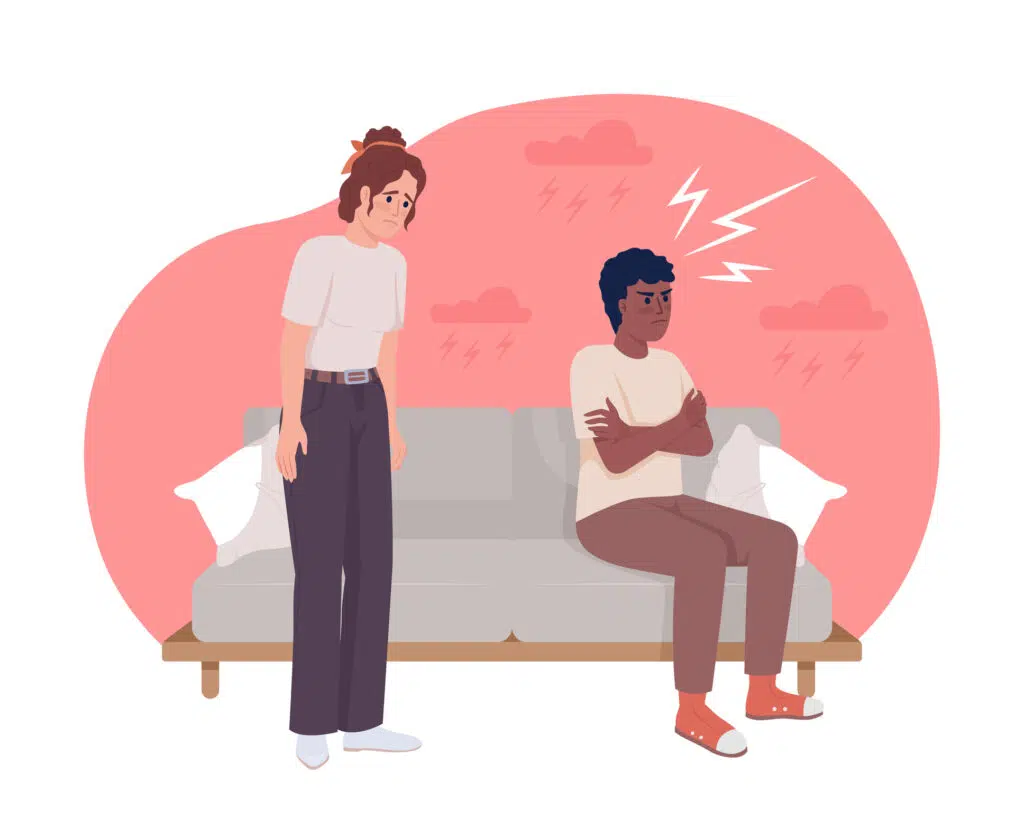Telehealth: The Advantages of Telemedicine
The COVID-19 pandemic has triggered dramatic changes throughout everyday life — and in the medical community as well. Not only are providers across the country postponing elective procedures, but many are also encouraging people to avoid in-office appointments to reduce their risk of exposure to this highly contagious coronavirus.
But what do you do if you still need health care? Fortunately, Telehealth can help.
How Telehealth works
Telehealth — or telemedicine — is a healthcare solution that allows you to meet with your doctor virtually instead of going to the office. Our 100% HIPAA-compliant system uses a two-way, high definition video, so we can talk face-to-face as if we’re in the same room together.
With Telehealth, you can also:
- Submit your medication list, allergies, ID cards, and medical history in advance
- Chat or share photos describing your symptoms
- Have prescriptions electronically sent to your pharmacy
- Securely pay online for your virtual visit
This streamlined approach originally evolved to help expand medical care to men, women, and children living in remote areas. Today, 76% of hospitals use Telehealth technology, and US employers could save as much as $6 billion a year by making telemedicine technology available to their employees. But the advantages of Telehealth go far beyond financial savings.
The benefits of telemedicine
Whether you live close to your doctor or in a rural area, you probably know firsthand that even a routine visit involves wait times of 18 minutes or longer — and that doesn’t even include the time you spend getting there. Telehealth technology eliminates that.
By connecting to your doctor in a virtual setting, you can expect to:
- Miss less time at work
- Have fewer disruptions with any child or elder care responsibilities
- Eliminate the time or travel expenses associated with your office visit
- Receive quality health care faster
- Reduce subjecting yourself and others to a contagious illness
At the same time, you also reduce your risk of exposure to contagious illnesses, like the common cold, flu, and COVID-19.
Telemedicine is also available to patients of all ages, including children, older adults, and those in vulnerable health. That makes it an ideal healthcare solution for everyone, especially when someone can no longer leave their home safely but still requires medical attention.
What to expect during a Telehealth appointment
Telemedicine technology has never been easier to use, simply:
- Download our app to your tablet, computer, or phone
- Request an appointment through our Telehealth portal
- Fill out the registration forms included in our calendar invite
- Follow the link in your calendar invite to open your video-chat to start your appointment
You can also upload photos, if needed, to help us diagnose your symptoms.
For more information on telemedicine or to schedule your virtual visit, contact us by calling or requesting your Telehealth appointment online today.

How to Move On After a Friendship Breakup
Friendship breakups can sting just as much as a romantic breakup. After all, you’re experiencing a loss of shared history and an understanding of each other that can leave you feeling lonely and isolated. Not all friendships are forever, but moving on from the loss of a friendship does take time and some self-compassion.

Signs You’re in a Toxic Relationship
A toxic relationship can chip away at your well-being and happiness. Toxic partners can be manipulative and charming, making it difficult to recognize the signs that you’re in a toxic relationship. You deserve to be in a supportive and healthy relationship.

10 Common Marriage Reconciliation Mistakes to Avoid After Infidelity
Infidelity can leave couples devastated. If you’ve been affected by infidelity and want to salvage your relationship, rebuild trust, or make a tough decision, keep reading for 10 common reconciliation mistakes to avoid after infidelity.

Survey: 72% of Americans are Stressing About the Upcoming Presidential Election
Political viewpoints in the U.S. have always been contentious, but is the impact of politics in the United States making it difficult for people to live their everyday lives? With some anticipating another brutal and long campaign season ahead of the upcoming 2024 presidential election, nearly half of Americans say politics is negatively impacting their mental health.




